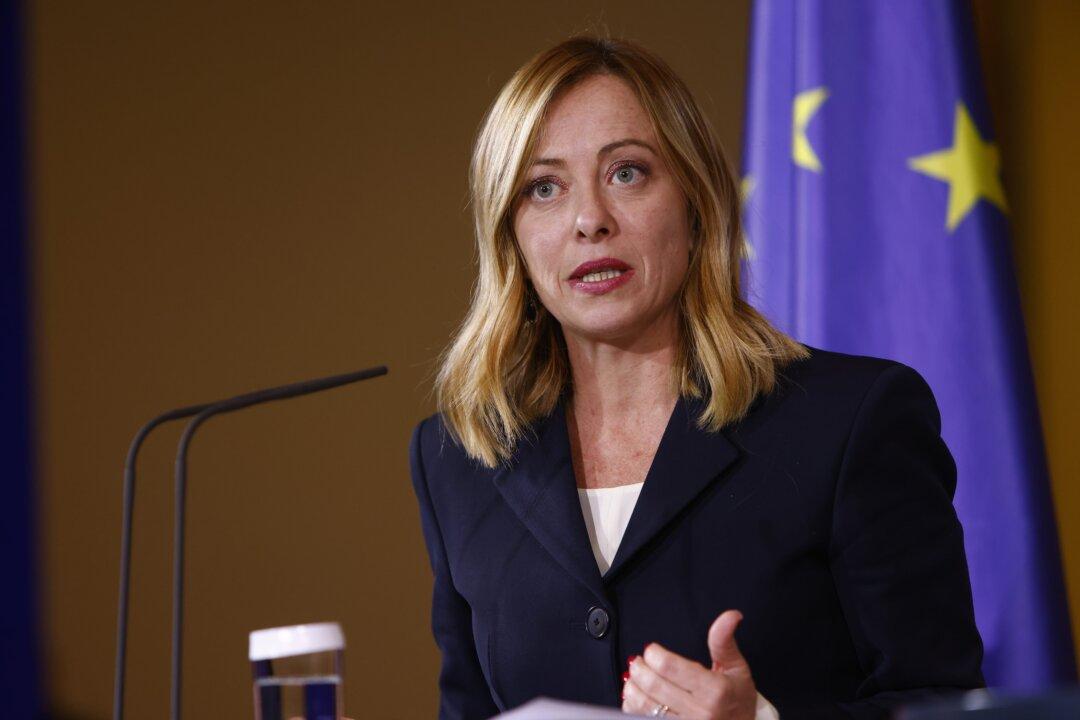Italy is pulling out of China’s Belt and Road Initiative (BRI), delivering a major blow to the communist regime’s ambitious project.
Italy was the only member of the Group of 7 leading economic powers to have joined the trillion-dollar project, which Chinese leader Xi Jinping launched a decade ago to expand the regime’s geopolitical influence through infrastructure investment.




